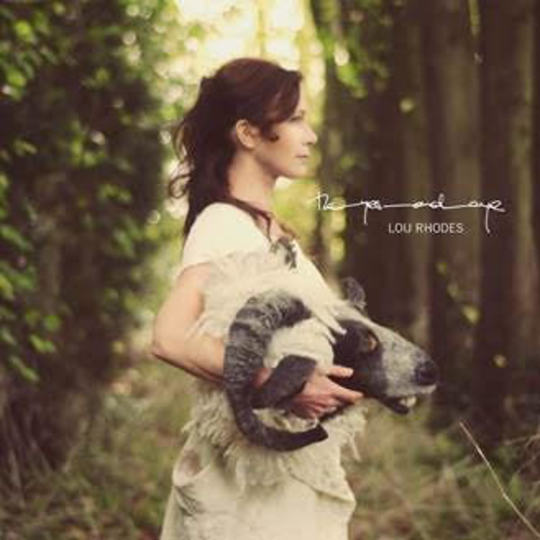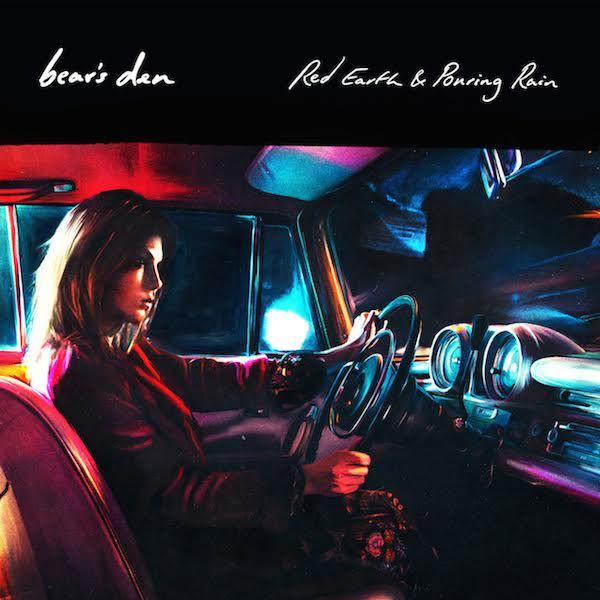Aside from her electro trip-hop neversurewhattomakeofthem duo Lamb, with whom she’s released six albums, Lou Rhodes is also an acoustic folksy singer songwriter, dontchaknow. On her first (Mercury nominated) solo album Beloved One and on her subsequent releases, she established her sound as a sort of slightly vaguely mystical, quasi pagan version of the singer songwriter genre. On this fourth album, Theyesandeye, we hear...more of the same.
And 'more of the same' is perfectly pleasant throughout, but it’s not exactly what you’d call captivating. Rhodes has a lovely voice, and the mainly acoustic guitar driven music is often pretty. The instrumentation is subtly more complex than on her previous work, making interesting use of strings, harps, percussion and other instruments for isolated licks that come across very deliberate and feel like they almost just about mean something, but not quite enough to hold your attention for the whole album.
While the air of vague mysticism is a far cry from original (both within and regardless of the context of Rhodes’ own work), it does suit the subject matter of the album. Rhodes spends much of Theyesandeye marvelling at the world, at love and at humanity with a wonder that seems pretty genuine, often invoking supernatural imagery to describe the natural. Highlight of the album ‘Sea Organs’ then takes this wonder at the natural world and directs it into an environmentalist lament for the critical condition of the natural world, and “the damage we have done to it.
Following track ‘Them’ sees Rhodes attempt a similar lament for the current state of humanity as it slowly implodes around us. It’s not a natural subject for her though, and the lyrics often suffer as a result. Her remarking on the attitude that “one colour is good, the other is bad” feels clumsy and kind of facile, and frankly far too vague to be remotely useful to anyone as a political statement, and the chorus’s reference to that playground proverb about how when you point at someone, three fingers point right back at you is jarring in its childishness. Indeed, this seemingly wilful childishness seems to reflect her outlook on the issue she discusses here.
Elsewhere, her lyrics are seldom clumsy, but simply unoriginal. They give the songs that 'perfectly passable' feeling of songs that seem to work because they sort of already exist. Even the imagery here feels very already-said and already-done - see for example ‘Circle Song’, whose message about life being cyclical feels too boring to merit rehashing, as well as borderline ironic but not quite ironic enough to make a joke about. And did no-one point out to her that the imagery on opener ‘All the Birds’ about birds appearing when falling in love has, quite famously in fact, already been done? And that incorporating actual birdsong into the track doesn’t make it particularly 'fresh'? Comprising of a sound that, though perfectly pretty, has already been done, and words that have already been said, Theyesandeye doesn’t really bring anything new to music.
-
4Nina Keen's Score






















